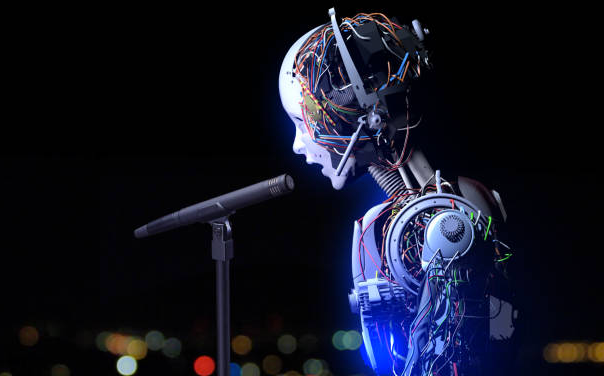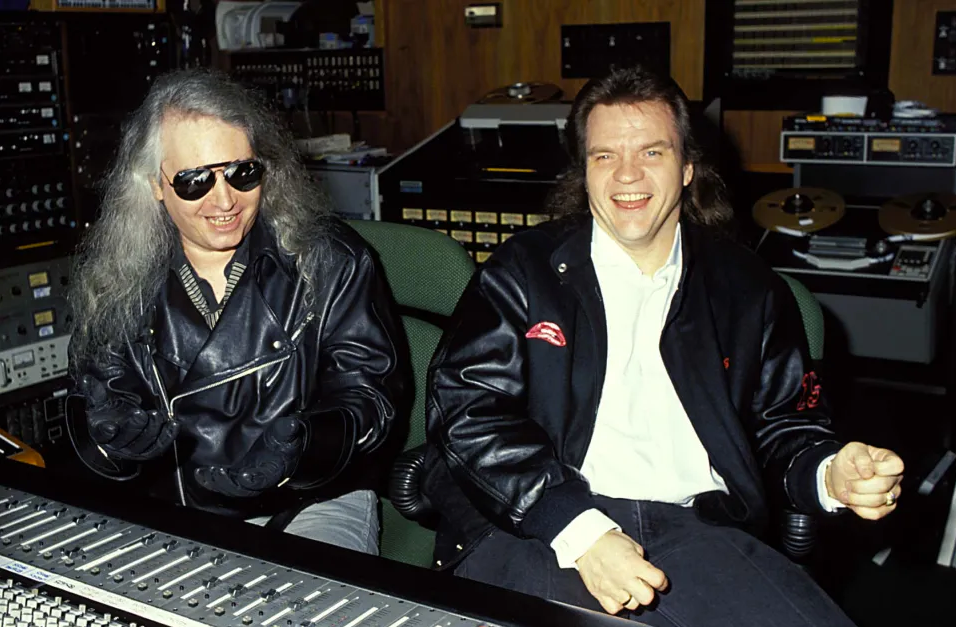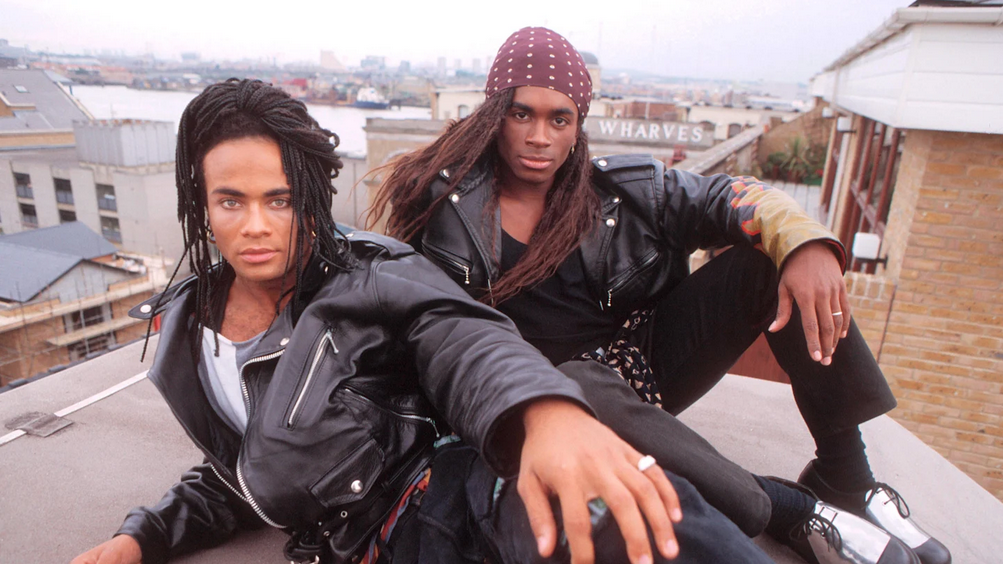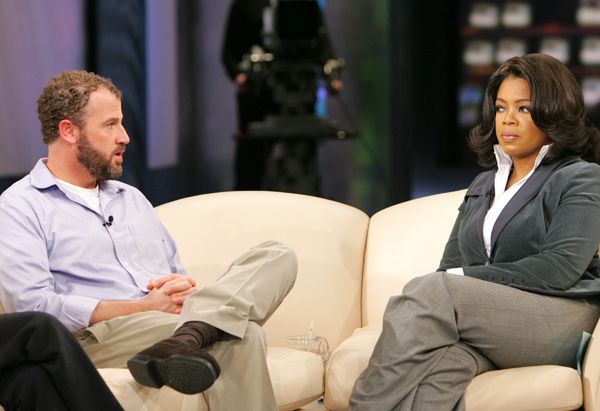Do Not Pitch Me Your AI “Artist”

By now everyone is at least vaguely familiar with Xania Monet, which became the first AI creation to appear on Billboard’s Radio Airplay Chart.
I was pitched Xania Monet a few weeks ago, and my first thought was – I wonder what all the musicians who signed with this PR company think about the people who are supposed to be representing them also representing something that only exists due to the theft of musicians’ work?
For all they know, Xania Monet’s voice may exist, in part, because one of their own voices was thrown into its AI blender, and now this PR company is telling the world – hey, look at this artist that’s stealing from our other artists, isn’t it great?
In a CBS Mornings interview with Gayle King, a woman named Telisha Nikki Jones revealed herself to be the creator of Xania Monet, claiming the lyrics are authentic, saying, “There’s real emotion and soul put into those lyrics.”
OK, so why not be a songwriter? Why not have an actual singer who can connect with the lyrics put their voice, and their experiences behind it, and turn it into something real? Why not be the Jim Steinman to someone else’s Meat Loaf?

When Telisha tried to claim Xania Monet was an extension of herself, King gave the fantastic, now viral response – “But you can’t sing!”
Jermaine Durpi, and others, have compared Xania Monet to famed lip-syncing duo Milli Vanilli, asking how this is any different. In my opinion it’s actually very different – it’s significantly worse.
Milli Vanilli lip-synched songs they didn’t sing, but actual human being really did sing those songs, and actual musicians played those instruments, and created that production, all of whom (we hope) were fairly compensated for their work.
Telisha Nikki Jones cut out all the human beings!

Girl you know it’s true, they weren’t singing, but real people were
Now, I am not completely anti-AI. I think AI can be a tool, but much like you wouldn’t use a nail gun to brush your teeth, it’s a tool that has limited purposes.
I use an AI transcription service for my interviews. I transcribed all my interviews myself for 20+ years, and even though I became excellent at typing, if an artist spoke quickly, a 30 minute interview could take up to two hours to transcribe. Now I upload it to a site, and in three minutes it’s ready for me to start reading through, correcting the errors in the transcription, and putting together my story.
Earlier this year I had a bit of a back and forth with Justine Bateman on X (formerly Twitter) about this. She is a staunch critic of AI, and I respect the heck out of her hardline stance, even if I’m not taking that exact stance myself. She noted that through transcribing one can better learn accents, and ways of speaking. While I’m sure that’s great for an actor, or a playwright, as a journalist I’ve already done the interview, so I’ve heard the voice, I just need to hit my deadline.
The tech world wants AI to, essentially, replace as many of us as possible (not realizing this would also mean, ultimately, replacing everyone in the tech world, as well). In other words, they want you to brush your teeth with their nail gun, even if it means destroying your teeth, because they made the nail gun, and dammit they’re excited about it.
Perhaps one day an AI device could scan a grocery store aisle, and tell an employee which products have reached their expiration date, or maybe we could have AI tell us when a pipe is weakening, so we can call a plumber before a major disaster happens.
These would be the uses for AI that I’d favor, but instead the tech people want to infiltrate art.
The A in AI stands for “Artificial,” but for music, as with all of the arts, the A we crave is “Authenticity.” AI, by definition, can never be authentic.
A paint-by-numbers can look beautiful, but it doesn’t have the soul of an actual piece of art.
You can’t circumvent the process of picking up an instrument, or a paintbrush, or a pen, and spending every day honing a craft that involves putting your entire life into it, and expect the result to have any sort of importance, or connection with people.
Around 20 years ago Oprah interviewed author James Frey about his memoir, A Million Little Pieces, and made it a national bestseller, but the book was later to be found to be at least partially fabricated. Oprah, rightly, crushed Frey for this, and he was deemed a fraud.
Once again, authenticity matters.

If you pitch me fraudulent AI “music” I will immediately send it to the trash bin.
If these pitches become too prevalent, I think it might be interesting to start forwarding the press releases to the rosters of the PR companies, letting the artists know how comfortable the people they’re working are promoting those who are stealing their work.

Comments